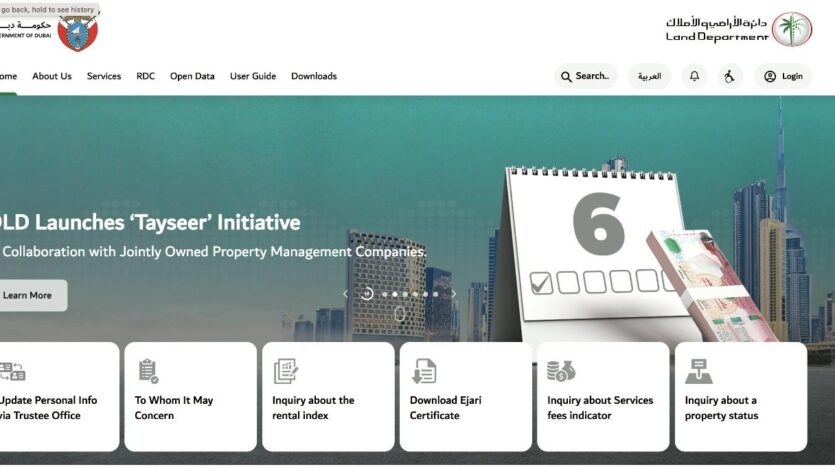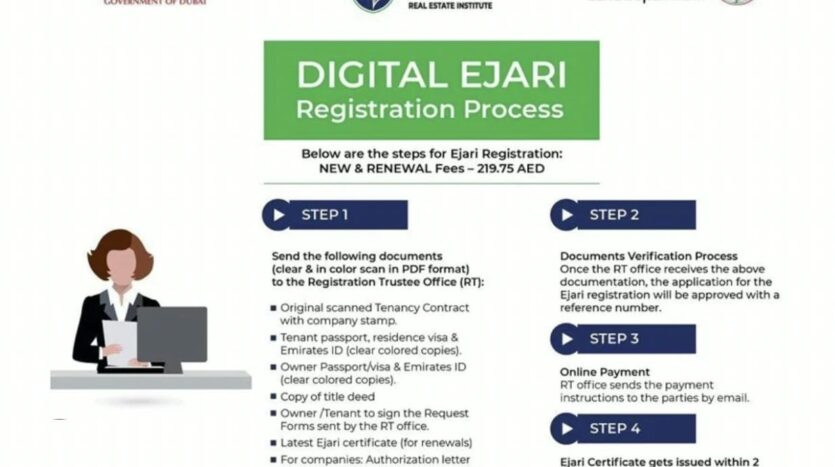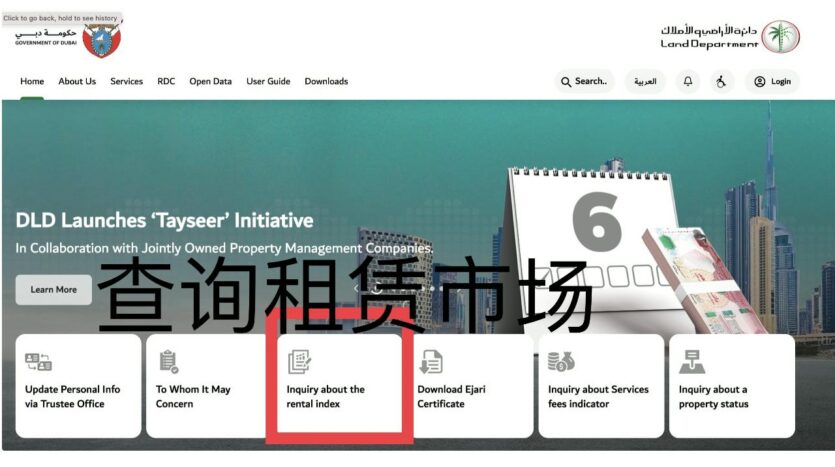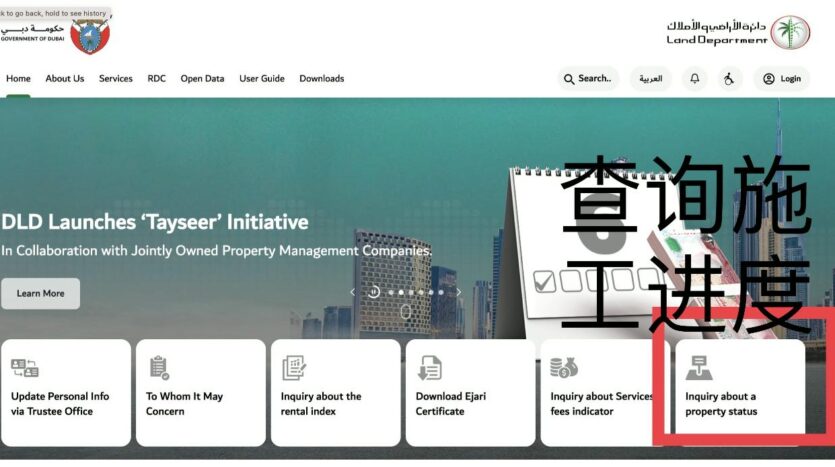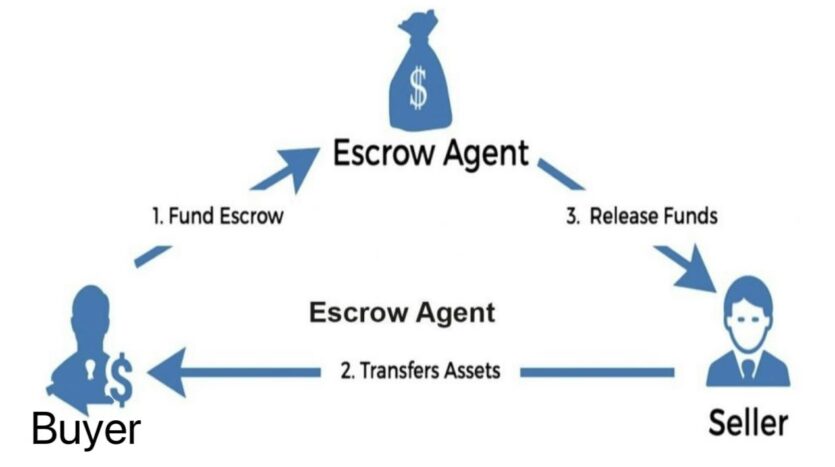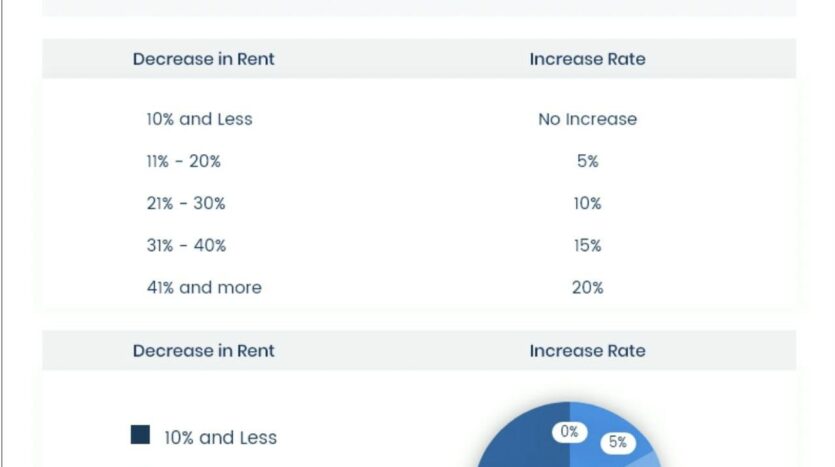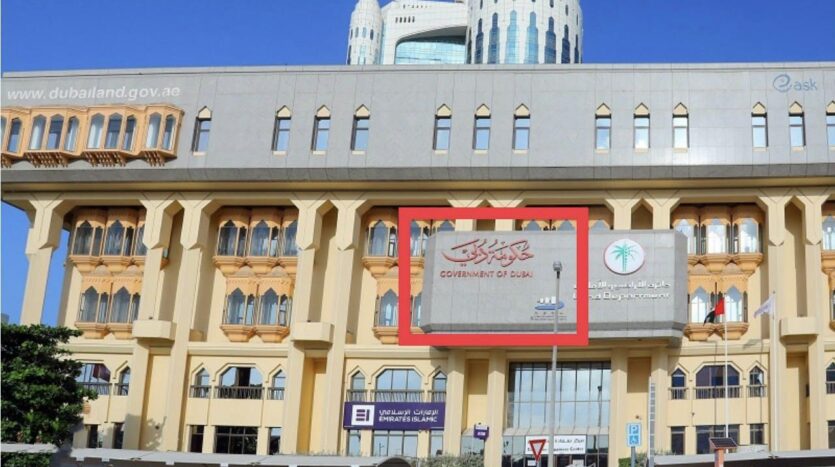Core Competitiveness of Dubai Real Estate: Systematic Transparency and Risk Control
🌐 Core Competitiveness of Dubai Real Estate: Systematic Transparency and Risk Control
📊 Open Data + Institutional Safeguards = A Highly Certain Investment Market

📌 1. Government-Led Data Transparency Reduces Information Asymmetry
▍Transaction Transparency:
The Dubai Land Department (DLD) mandates that all property transaction data be uploaded in real time to a centralized database. Investors can access the official website to check live sale prices, historical transaction records, ownership details, and tax breakdowns — creating a globally leading transparent transaction environment.
→ Data Authority:
The DLD uses blockchain technology to verify records, ensuring that information cannot be tampered with.
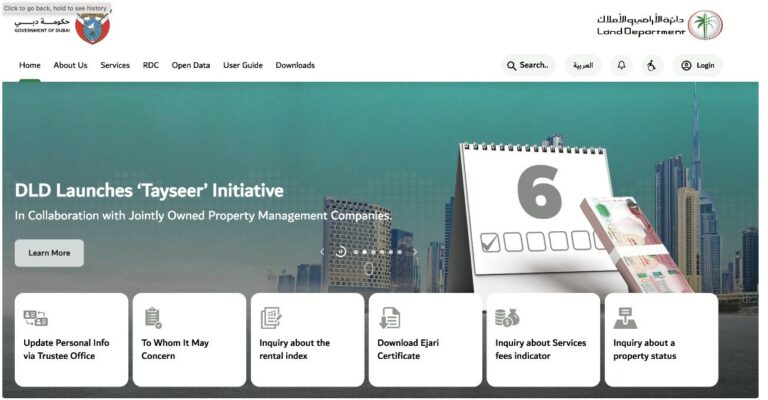
▍Rental Transparency: The Ejari System Regulates Market Behavior
→ Legal Foundation:
According to Dubai Law No. 26 of 2007, all rental contracts must be registered in the Ejari system. Contracts not registered are not legally enforceable.
→ Data Application:
- Ejari consolidates key data across the city — including rental prices, unit types, and lease terms — to generate RERA’s official Rental Index.
- Tenants and landlords can use the RERA website or the DUBAI REST app to input area and property type and obtain rental reference prices, reducing price disputes.
→ Comparative Advantage:
Compared to markets that rely on agent-quoted prices, Ejari provides both parties with an official, traceable benchmark.
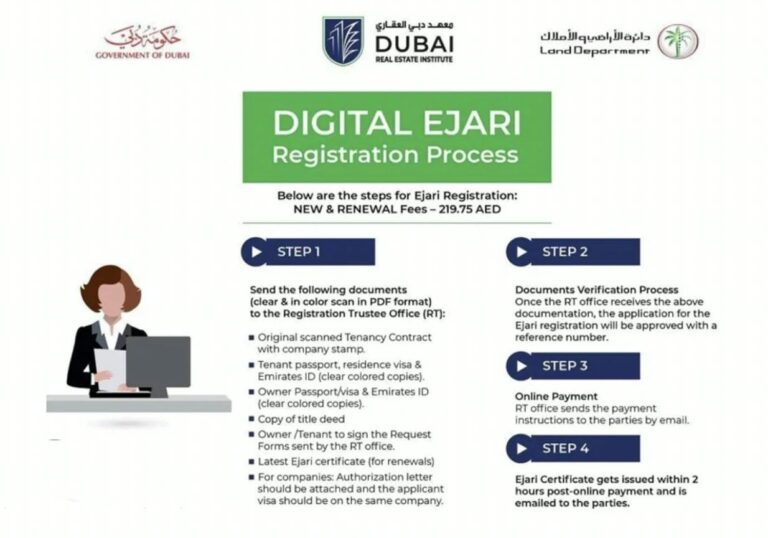
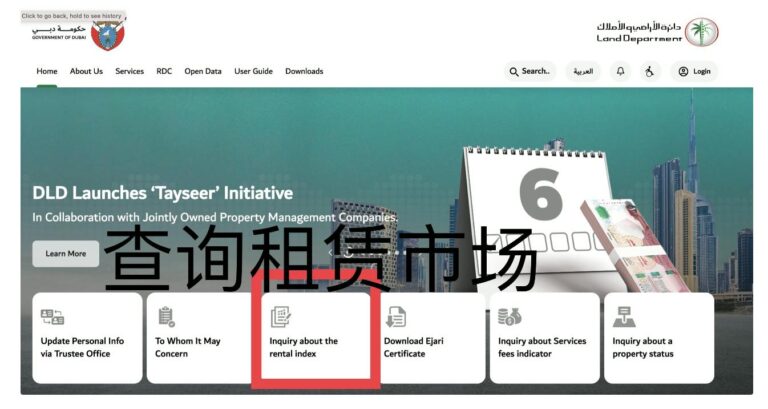
📌 2. Full-Cycle Supervision of Project Development Ensures Capital Security
▍Construction Progress Transparency:
- Developers are required to submit monthly progress reports to the Dubai Land Department (DLD), including construction photos and third-party supervision certifications.
- The DLD regularly cross-verifies progress through satellite imagery and on-site inspections. Projects with significant delays will trigger regulatory audits.
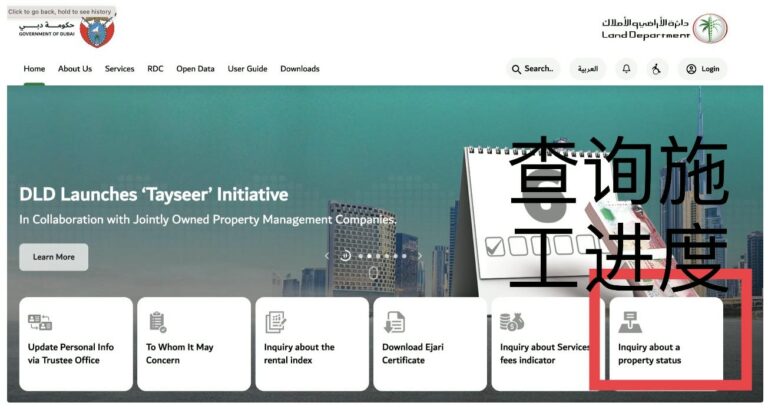
📌 2. Full-Cycle Supervision of Project Development: Strengthened Control Over Fund Usage
▍Dual-Firewall Mechanism of Escrow Accounts:
- Segregated Fund Flow: Payments from buyers go directly into escrow accounts regulated by the Dubai Land Department (DLD); developers cannot access these funds directly.
- Direct Payment to Contractors: Developers must apply for construction payments from the escrow account only after passing DLD’s progress review. Payments go directly to contractors — not to the developer — preventing fund misappropriation at the source.
- Dual Inspection Standards: Every construction milestone must be validated by a DLD-certified third-party supervisor with a quality report before the next payment can be released.
▍Investor Protection in Case of Project Termination:
- Refund Priority: If a project is terminated, remaining funds in the escrow account are audited by the DLD and refunded proportionally to buyers within 7 working days.
- Completion Continuity Option: The DLD has the authority to reassign incomplete projects to qualified contractors through targeted bidding. Original buyers may choose to continue or withdraw.
- Legal Recourse Mechanism: For breaches by developers or contractors, the DLD can freeze related accounts and initiate judicial auctions to compensate investors.
→ Legal Basis: Enforced under Article 8 of Dubai Law No. 13 of 2013 (Escrow Account Regulations).
→ International Recognition: This model is cited by the World Bank’s Doing Business Report as a benchmark case for mitigating risks in off-plan property transactions.
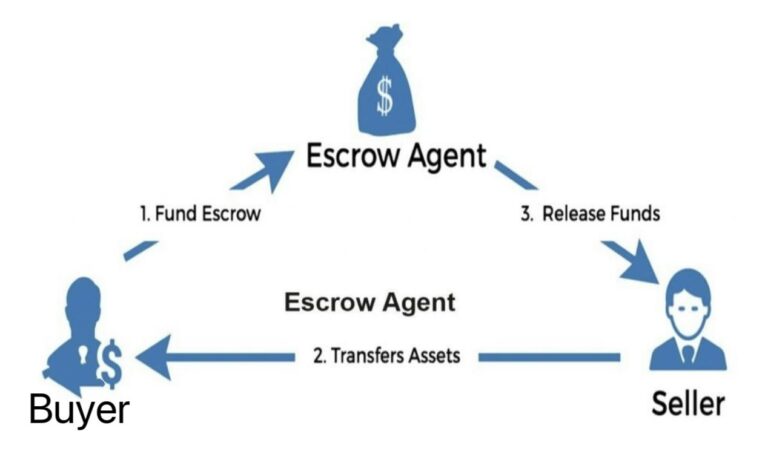
📊 Dubai’s Rent Adjustment Mechanism: A Data-Driven Fair Pricing System
▍Core Logic: RERA’s official index acts as an anchor, placing two-way constraints on rental increases.
According to Dubai Law No. 26 of 2007, rent adjustments must strictly follow the “market deviation calculation method,” ensuring that any increase reflects actual market fluctuations — not the landlord’s unilateral decision.
▍Lease Stability:
- Dubai law mandates that residential rental contracts have a minimum term of one year, reducing vacancy risks caused by frequent tenant turnover.
- Tenants who terminate leases early must compensate the landlord based on RERA standards, legally protecting the landlord’s rights.
▍Guidance on Rental Increases:
📌 Rent Increase Guidelines Reference Table
| Current Rent Below Market Average By | Maximum Allowed Increase Next Year |
|---|---|
| ≤10% | 0% (Rent increase prohibited) |
| 11%–20% | 5% |
| 21%–30% | 10% |
| 31%–40% | 15% |
| ≥41% | 20% |
→ Practical Example:
If a certain apartment’s official RERA index average rent is AED 100,000/year, and the current contract rent is AED 70,000/year:
Deviation = (100,000−70,000)÷100,000(100,000 − 70,000) ÷ 100,000(100,000−70,000)÷100,000 × 100% = 30%
→ This falls within the 21%–30% range, so the landlord can increase rent by a maximum of 10% in the following year — i.e., up to AED 77,000/year.
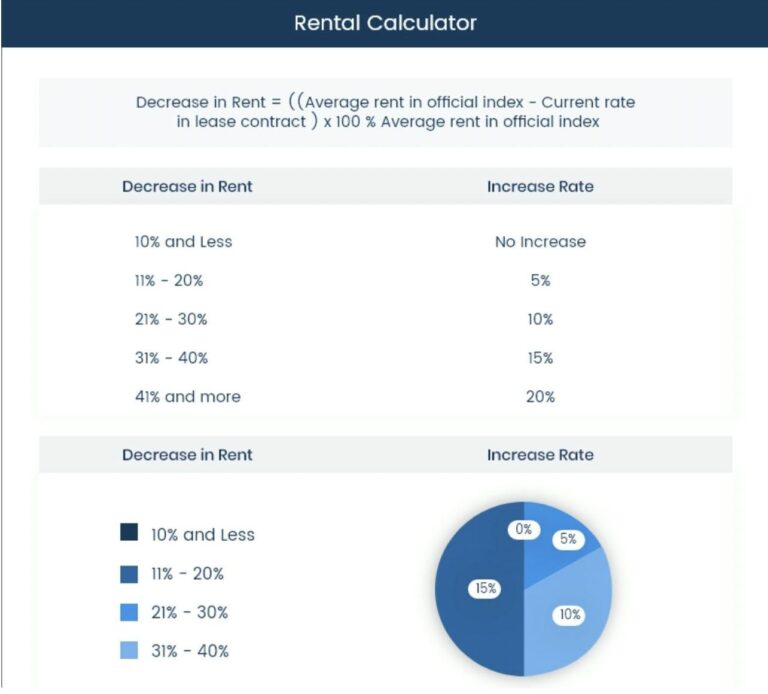
🌟 The Underlying Logic of the Dubai Model: Institutional Trust Building
▍Integration of Regulatory Technology:
- The Dubai Land Department (DLD) uses AI algorithms to monitor abnormal market transactions and prevent price manipulation.
- RERA implements a credit rating system for brokerage firms, with violators placed on an industry blacklist.
▍Closed-Loop Protection of Investor Rights:
Data Transparency → Process Control → Dispute Arbitration
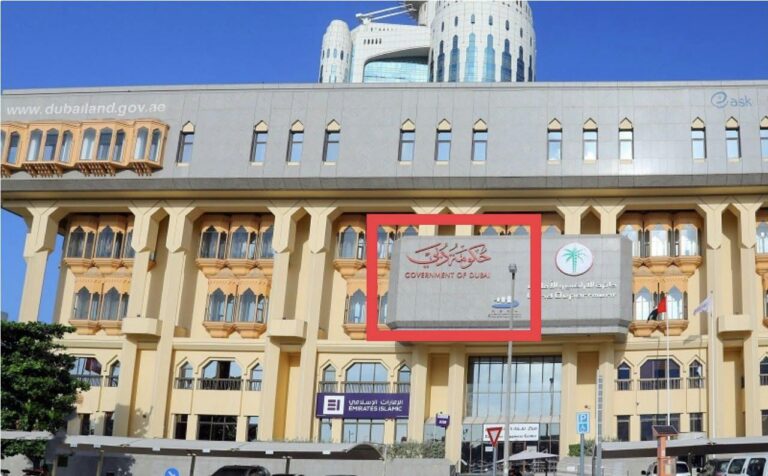
📈 Rational Investment Strategy Recommendations
▍Three-Step Decision-Making Method:
- Data Verification: Analyze the price volatility in the target area over the past 3 years using the DLD database.
- Rent Evaluation: Compare the RERA guide prices with historical Ejari data to calculate the return rate.
- Risk Buffering: Prioritize projects under Escrow regulation and collaborate with RERA-certified intermediaries.


